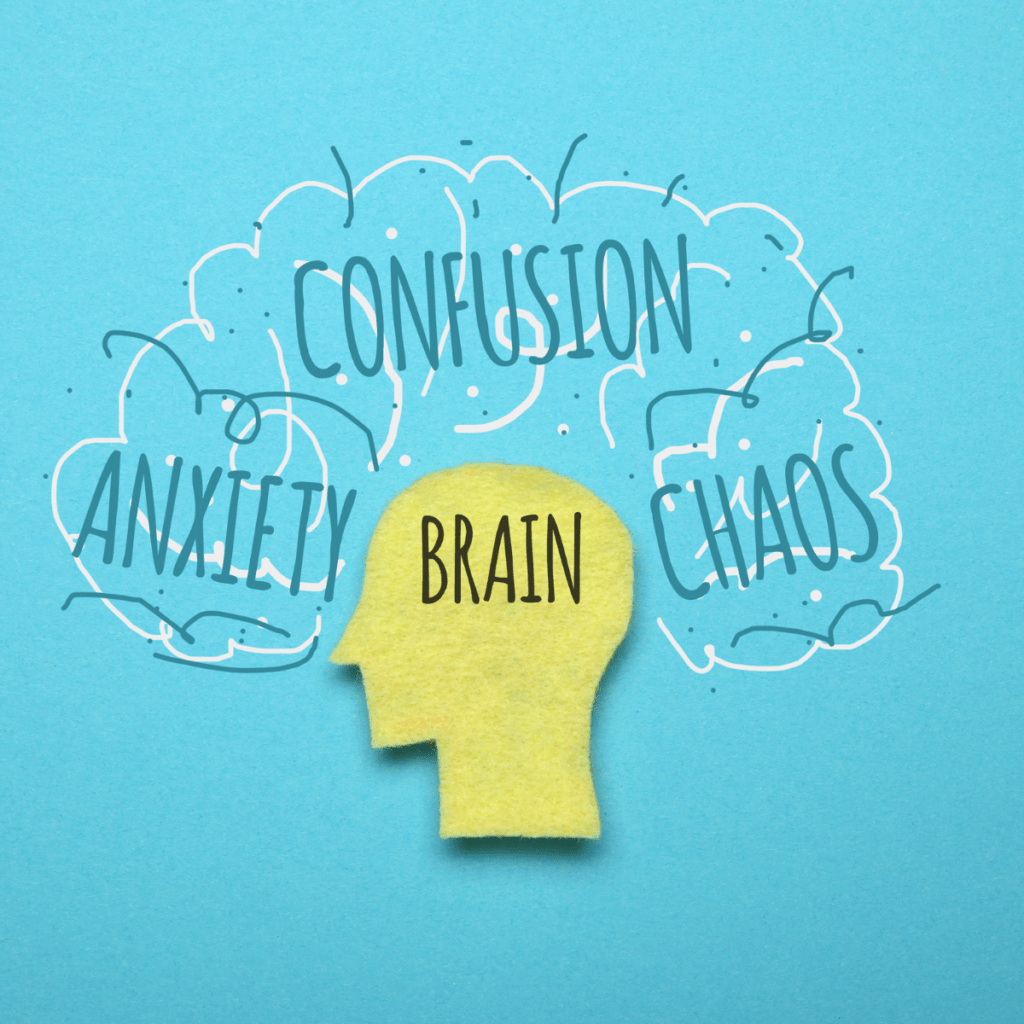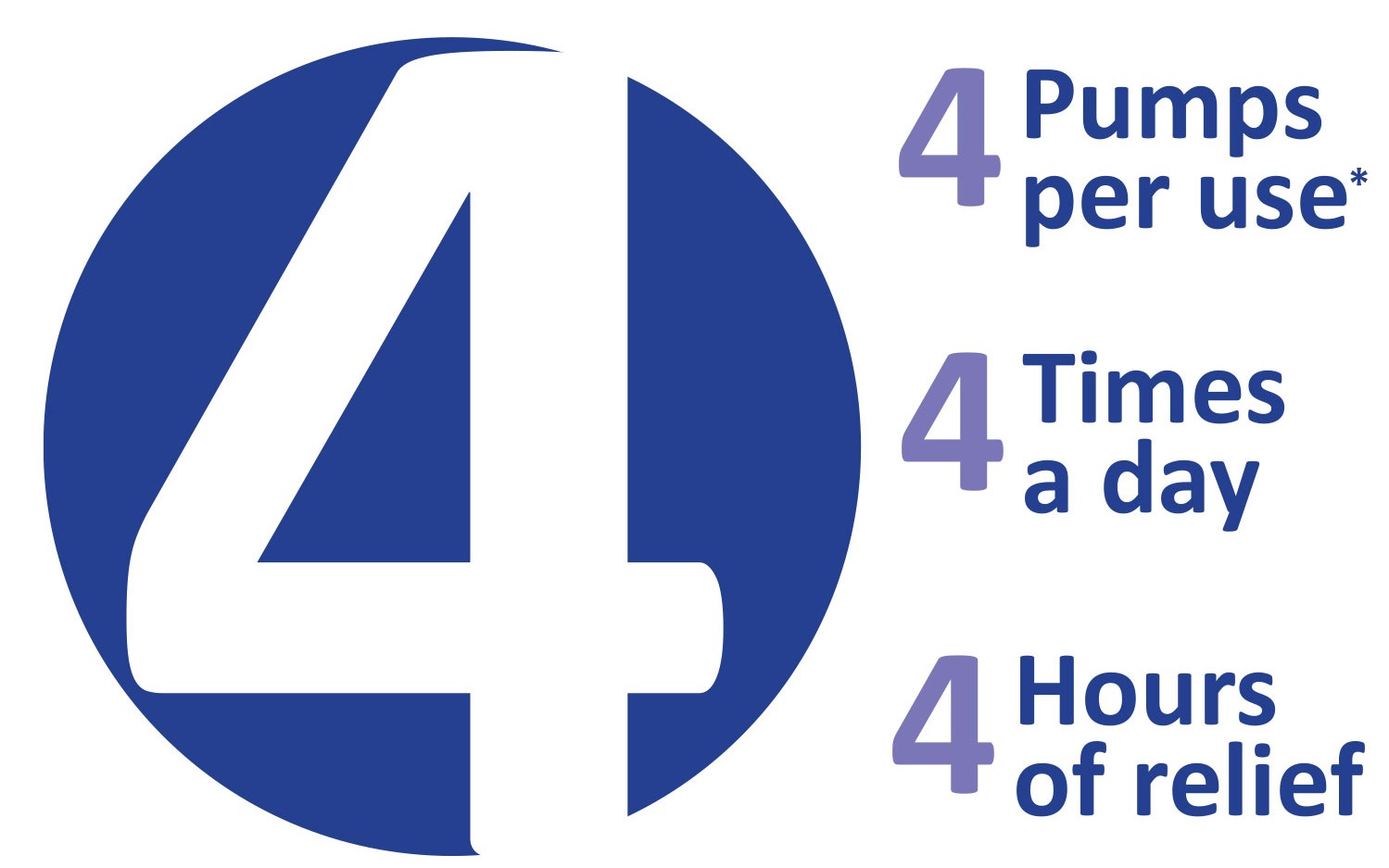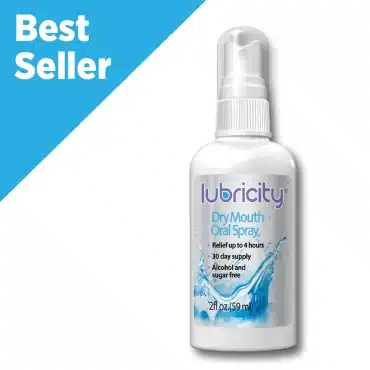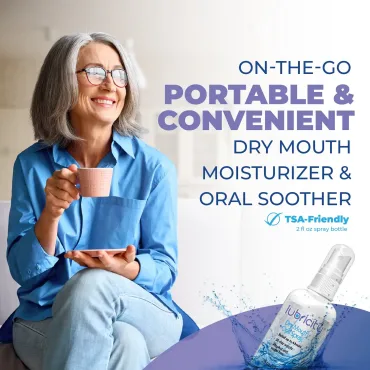Dry Mouth Can Be Caused by Anxiety

According to the Anxiety and Depression Association of America, nearly 40 million adults in the US are affected by an anxiety disorder each year. Anxiety disorders are the most common mental illness in the United States.
Anxiety disorders can be caused by several factors, including trauma, stress, life events, illness, withdrawal, or family history. Anxiety disorders are highly treatable, and help is available for those living with anxiety or depression.
What is Anxiety?
Anxiety is your body’s response to stress. It is often a feeling of fear, dread, and uneasiness. >Anxiety can cause a wide range of mental, emotional, and physical symptoms that range from person to person. Common symptoms of anxiety include:
- A feeling of nervousness, restlessness, or being tense
- Feelings of danger, panic, or dread
- Increased heart rate
- Hyperventilation or rapid breathing
- Sweating
- Trembling
- Weakness or fatigue
- Difficulty focusing or thinking clearly
- Insomnia
- Digestive or GI problems
- Panic attacks
The Link Between Anxiety and Dry Mouth
You might be asking yourself if anxiety and dry mouth are related. The answer is YES! If you are experiencing dry mouth, your symptoms can be related to anxiety. Although dry mouth is not a common symptom of anxiety, it is linked. The common issues that may cause dry mouth anxiety are:
Mouth Breathing: During a panic or anxiety attack you are more likely to breathe through your mouth than your nose. Stress activates the sympathetic nervous system leading to shallow, rapid, or abnormal breathing. In addition to panic attacks, during hyperventilation episodes, you are more likely to breathe through your mouth.
Medication: The leading cause of dry mouth is medication side effects; anxiety medication side effects are no exception. The leading cause of dry mouth with anxiety is the medications used to treat it. Anxiety medicine, including Xanax, Valium, and Lorazepam, all have dry mouth as a common side effect.
Acid Backup: During periods of high stress or anxiety, the body is more prone to acid reflux symptoms. Acid reflux can lower saliva production and lead to a sticky feeling in the mouth, a common symptom of dry mouth.
Fluid Changes: Anxiety activates a fight or flight response in the body. When this is activated, the body takes fluids and moves them to the areas they feel need them more. This can cause your mouth to dry out.
Dehydration: Dehydration can cause dry mouth whether you are anxious or not. However, people who do not drink enough water are more prone to experience heightened anxiety symptoms. In addition, people with anxiety tend to neglect their water intake.

The Negative Effects of Dry Mouth
Dry mouth symptoms can significantly worsen your quality of life if ignored! Dry mouth symptoms can lead to decreased oral health, poor nutrition, gum disease, and mouth sores. If you are experiencing dry mouth symptoms due to anxiety or anxiety-related issues, it is important to recognize the cause and take proper action to relieve them.
Additionally, it is always important to speak with a dental professional regarding any oral health concerns you may have and a doctor for any health-related worries you may have.
Ways to Reduce Stress

Addressing the specific cause of dry mouth will aid in eliminating the symptoms. Eliminating anxious behavior and hyperstimulation will eliminate the dry mouth anxiety symptoms. Some short-term remedies to assist in this include:
- Reduce Stress: Any stress-reducing activity can help decrease anxiety and eliminate dry mouth symptoms
- Increase rest and get good sleep: Resting the body and having a normal sleep schedule are great ways to reduce stress
- Stay hydrated: Staying hydrated can help reduce anxiety symptoms, as well as help prevent dry mouth
- Breathe through the nose: Breathing through the nose is an effective way to calm stress and anxiety, as well as prevent dry mouth
- Avoid caffeine and other stimulants: Caffeine and other stimulants increase both symptoms of anxiety and dry mouth
If you are experiencing long-term anxiety, help is always available. Anxiety is a manageable condition. Anyone feeling their anxiety-related dry mouth or overall anxiety is too overwhelming should seek out treatment. Once you find a good strategy, you can control the severity of your anxiety.
What is Lubricity?
Lubricity is an odorless, flavorless, and colorless spray that is perfect for people who are overly sensitive to taste. Our Dry Mouth Spray also has Zero Calories, NO Gluten, NO Alcohol, NO Sugar, and is Vegan-Friendly!
Lubricity Dry Mouth Spray has 5 simple ingredients: Hyaluronic Acid, Xylitol, Sodium Benzoate, Potassium Sorbate, and Purified Water. This simple formula is clinically proven to alleviate your dry mouth symptoms for up to 4 hours
How to use Lubricity?
Lubricity Dry Mouth Spray comes in a convenient 0.5 oz and 2oz spray bottle. Simply point and spray 3-5 times per use. When used as directed, Lubricity provides up to 4 hours of relief from dry mouth symptoms.
For best results, we recommend using Lubricity Dry Mouth Spray as follows:

Use Lubricity after a meal and before bed. If needed, Lubricity can be used more than 4 times per day.
*Some may need 3-5 pumps per use, as the bottle needs to be primed upon opening. Relief from symptoms begins immediately. Maximum effectiveness is achieved after 72 hours of continued use.
Important: If you are pregnant or breastfeeding, please consult your physician before using Lubricity. DO not use Lubricity if you are taking any medications that are contraindicated with the product. Please consult with your physician if you have any concerns regarding the use of this product. Keep out of reach of children.





